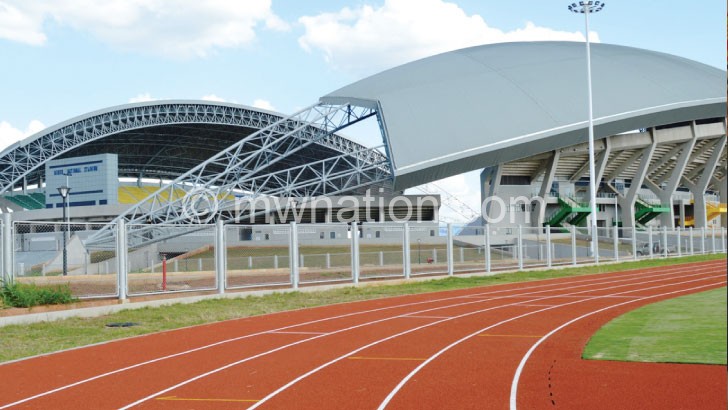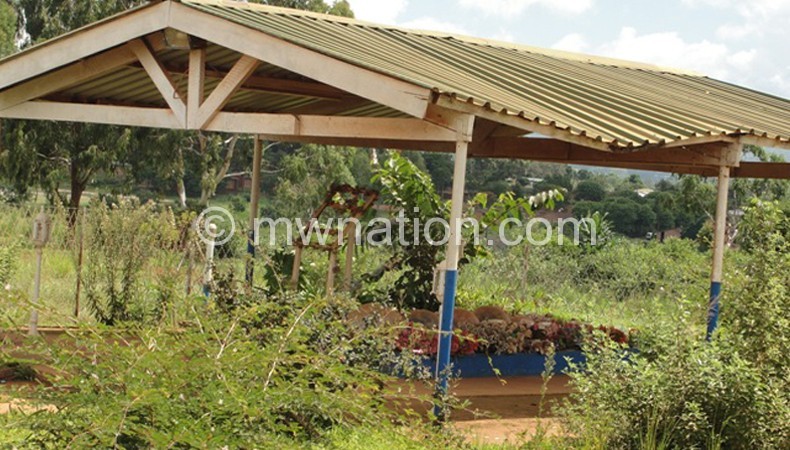Economist Milward Tobias has called on government to invest borrowed funds in sectors that will spur economic growth so that paying back loans should not be a problem.
He said this in an interview with The Nation last week.
Bingu National Stadium continues to
survive on government’s funding
Said Tobias: “The current levels of debt are scaring.
“We needed to borrow for projects that will turn around the economy and not projects that will lead us to borrow some more just to sustain them.”
Former Oxfam Malawi programmes and policy manager Mathias Kafunda, an economist with public finance expertise, also expressed concern that many external debt-sponsored projects have not achieved the full range of expected goals and when they do “the results are often out of the timeframes, which make them very expensive loans.”
He said the country has instances where external debt proceeds are unaccounted for as funds or goods from the loans are diverted to purposes that do not benefit the populace.
“The government should focus on projects with high returns that are closely aligned to development priorities and rely on concessional loans that contain borrowing costs,” said Kafunda.
Bingu National Stadium (BNS)—built with a loan from Exim Bank of China in 2013- -is an example of a bad investment with no returns.
Since its launch in 2017, the facility has perpetually survived on government funding, including payment of utility bills.
Figures from Ministry of Sports and Youth show that in the last two financial years; 2019/20 and 2020/21, BNS generated K22 million but government allocated it K88 million.
Meanwhile as per the agreements, taxpayers after 20 years will be expected to pay the loan to Beijing at an interest rate of two percent and a 0.50 percent management fee.
Way forward
Centre for Social Accountability and Transparency executive director Willy Kambwandira says the first step is to ensure that there is accountability on all these transactions.
“Where are parliamentarians in all this? They approve the loans and surely they ought to follow up on implementation,” he said.
Minister of Finance and Economic Affairs Sosten Gwengwe was not immediately available for comment on this story.
But in his maiden budget statement in February, he said government will maintain a policy of concessional borrowing; preferring grants and only under very exceptional circumstances contract non-concessional loans for high value investments.
The minister also said government will engage its external creditors to restructure some of the loans.
Gwengwe said: “My ministry will intensify efforts to refinance all expensive and near-maturing debt using cheaper debt to create fiscal space. This will enable government to have resources for financing exports enhancing projects such as in the mining sector”.
Tobias also suggested retiring debt by investing current debt proceeds in productive sectors with short gestation periods.
The post Experts tip govt on public investment appeared first on The Nation Online.
 Moni Malawi
Moni Malawi 

